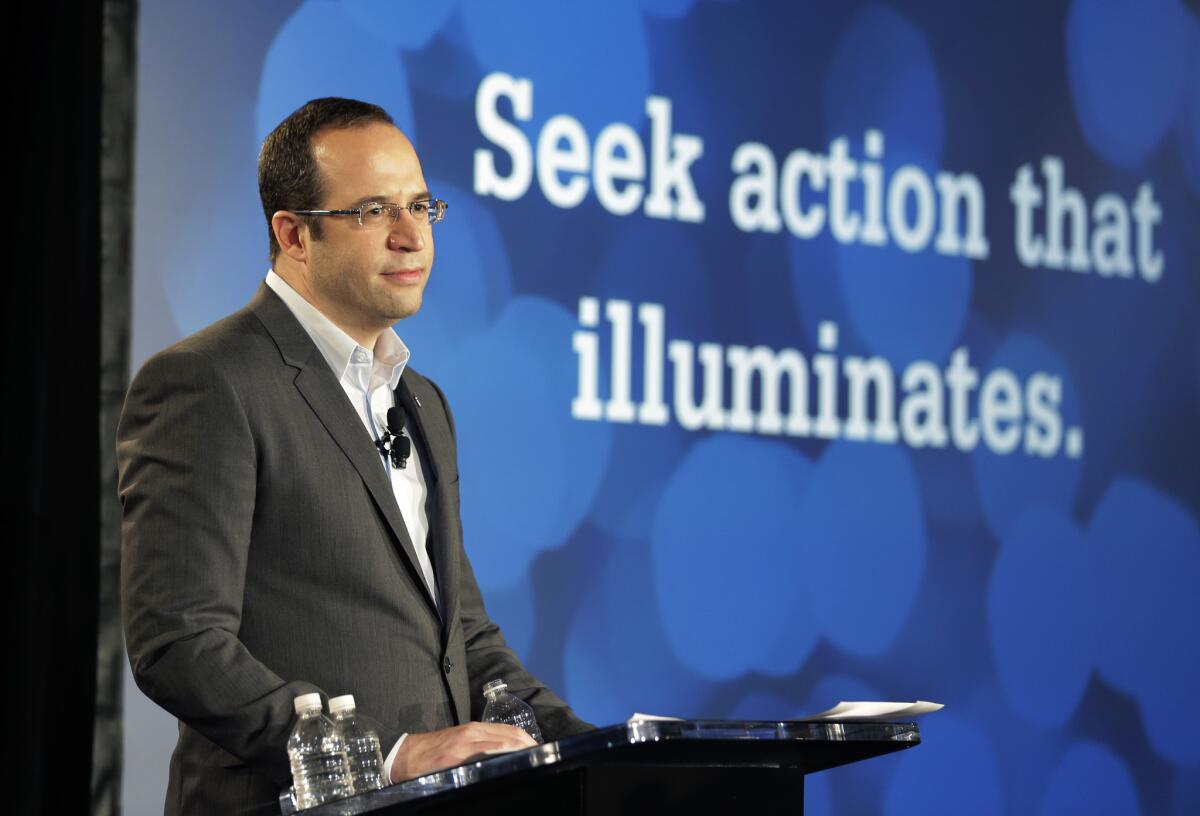Re-examining the SAT is (A) Good; (B) Bad; (C) Overdue; (D) None of the above

Less than a decade after it started requiring students to write an essay as part of the SAT, the College Board announced Wednesday that it is eliminating that portion of the test. At the same time, it will do away with certain obscure vocabulary words and the penalty for inaccurate guesses. These are good moves, but they don’t answer the fundamental question of whether the standardized test should continue to be a part of the college application process, especially after a new study found that it is a poor predictor of whether students will succeed in college.
The mandatory essay was never a helpful addition to the test. Students were expected to write it in less than half an hour, and there was no requirement that they back up their opinions with accurate information; in our opinion, it provided little if any information to colleges about how well an applicant could write or think. What’s more, it favored those who wrote a lot over those who wrote well, and rewarded those who used a multisyllabic vocabulary. It will be replaced by a new, optional essay in which students will analyze the arguments of a written passage.
Speaking of big words, the College Board also said it would eliminate lesser-known words such as “prevaricator” that people seldom if ever use, even in academia. Students generally know these words only through cramming, not through mastery of the language. The test will cover fewer math topics but will do so in more depth, and the College Board will offer online tutoring for low-income students.
With more colleges shifting to the rival ACT, and many colleges making both tests optional, the College Board is clearly struggling to keep its signature product relevant. But there is an inherent problem with a high-stakes test that so clearly benefits affluent students who can afford to pay for private tutors and multiple test sittings. Chucking the essay and changing some of the questions don’t fix those problems.
More to Read
A cure for the common opinion
Get thought-provoking perspectives with our weekly newsletter.
You may occasionally receive promotional content from the Los Angeles Times.






